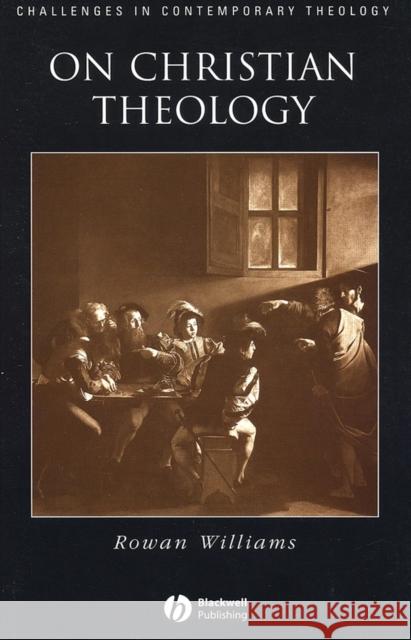On Christian Theology » książka
topmenu
On Christian Theology
ISBN-13: 9780631214403 / Angielski / Miękka / 2000 / 328 str.
This distillation of 20 years of Rowan Williams' pastoral and academic work tackles many of the most searching questions of theology and society at the end of the twentieth century.
- Collects the work of a prominent writer and serving bishop on the history of Christian theology and spirituality.
- Brings together Rowan Williams' theological essays with studies of wider issues from a theological point of view.
- Includes an introduction to his work by Bishop Williams.











